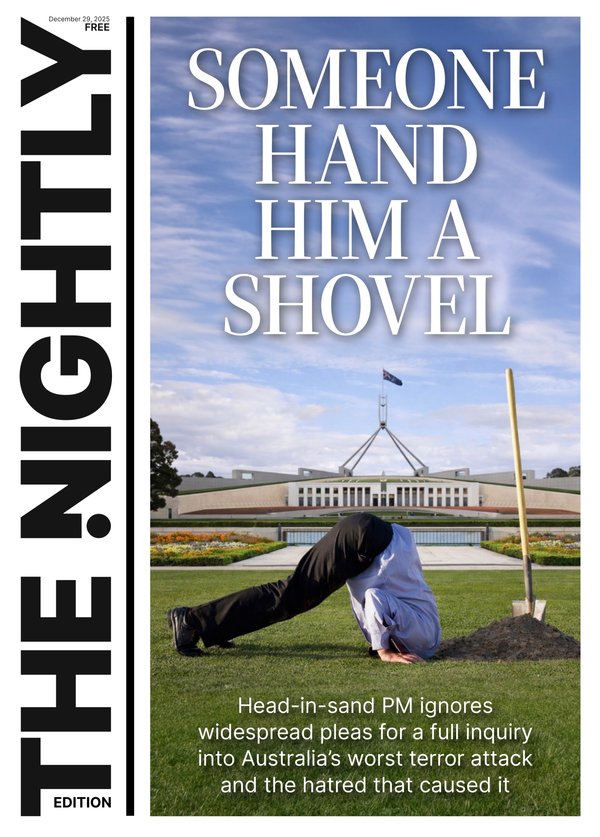Labor weighs up fuel standards concessions as it braces for parliamentary brawl over ‘ute tax’
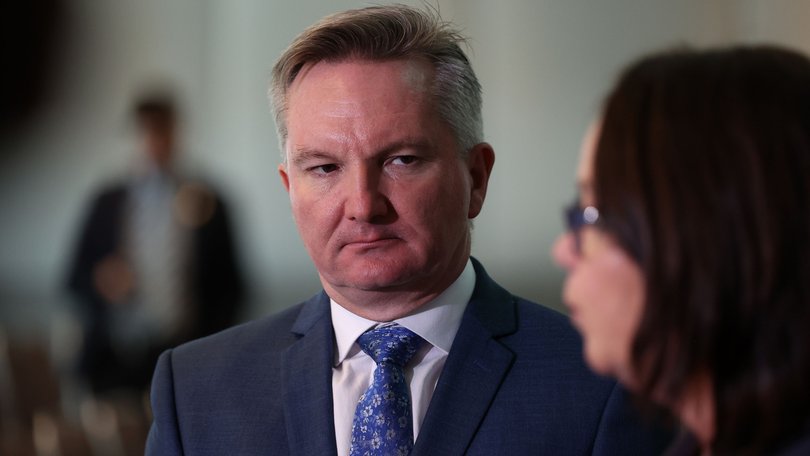
Labor is poised to offer some concessions on its contentious clean car plan as it braces for a major fight to get it through the Federal Parliament.
Legislation to establish vehicle efficiency standards — dubbed a “ute tax” by the Federal Opposition — is expected to be unveiled as soon as this week after cabinet approves the details.
The Government is widely expected to tweak the policy after a fierce backlash from car makers, dealerships and the Opposition to the preferred model it released for consultation.
Sign up to The Nightly's newsletters.
Get the first look at the digital newspaper, curated daily stories and breaking headlines delivered to your inbox.
By continuing you agree to our Terms and Privacy Policy.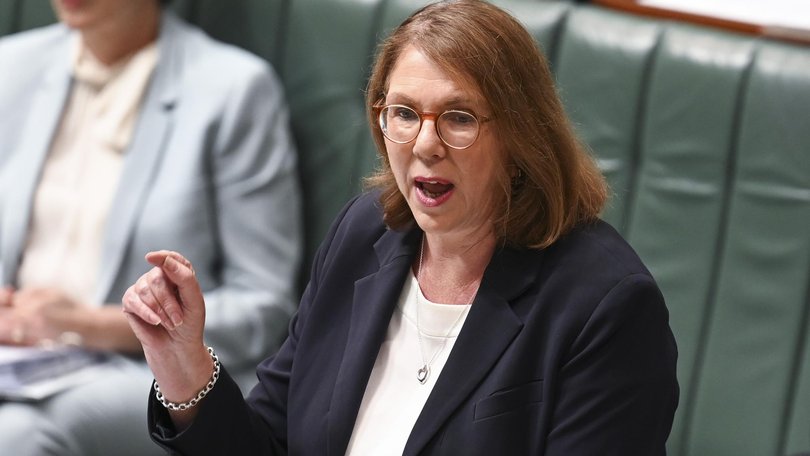
The US Government’s decision this week to slow the transition to new pollution standards has handed Climate Change Minister Chris Bowen and Transport Minister Catherine King political cover to adjust Australia’s plan.
The Federal Government has been under sustained pressure to water down a proposal that would impose a cap on emissions across a manufacturer’s fleet of new cars from January 1 next year.
The policy would use the threat of fines to encourage manufacturers to send fewer gas guzzlers and more fuel-efficient cars — including EVs — to Australia.
Mr Bowen has indicated that while the Federal Government is strongly committed to fuel standards, it is prepared to consider “sensible” changes.
He said the Biden Administration announcement was “of interest” to the Government as it finalised its policy.
A select group of car makers and automotive bodies was invited to a closed-door departmental briefing on Thursday to discuss the plan.
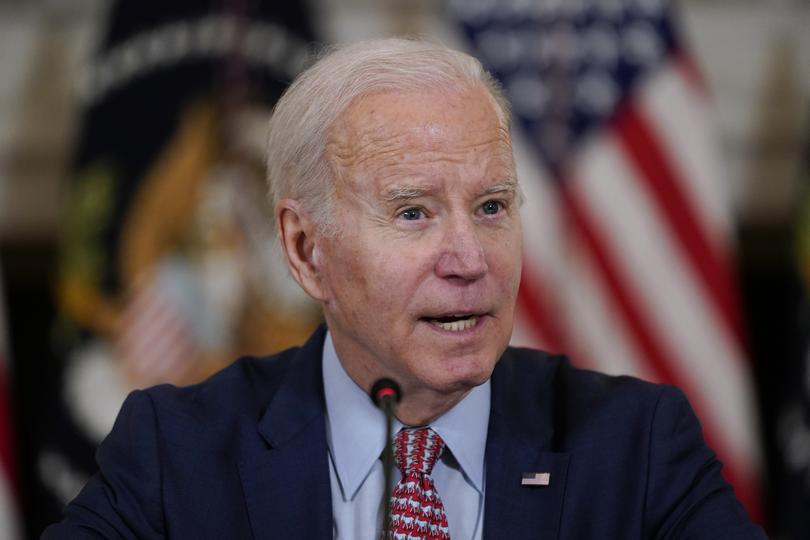
The Federal Chamber of Automotive Industries — the leading industry critic of Labor’s approach — was not invited to the briefing, nor was the Australian Automobile Association.
An FCAI spokesman said the Government was failing to listen to the “concerns of industry and the impact this policy will have on Australian families and customers”.
“The Government is refusing to acknowledge the real-world impacts to everyday Australians by excluding industry groups from continued closed-door consultations,” the spokesman said.
“The FCAI continues to stand ready to work productively with the Government to attain a more effective outcome that will achieve the required emissions reductions and support consumers in terms of the choice and cost of vehicles in the Australian market.”
This view is not shared by the Motor Trades Association of Australia, whose chief executive, Matthew Hobbs, said the Government’s approach had shifted in the past month and it was now taking the industry’s concerns into account.
The West understands the MTAA was invited to Thursday’s briefing, which was strictly off the record.
The Federal Government will face an uphill battle to get the legislation through the Federal Parliament with the Coalition almost certain to oppose it unless Labor’s position shifts dramatically.
Shadow climate change and energy minister Ted O’Brien described Mr Bowen as a “bad-faith actor” who had refused to consult with the Opposition.
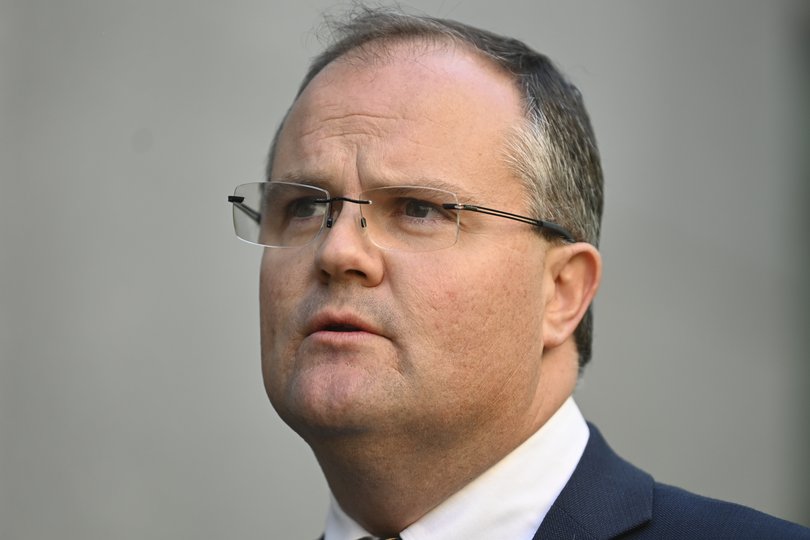
“No one disagrees with helping Australians drive more fuel-efficient vehicles, but we completely disagree with walloping Australian families and tradies with a new tax and telling them what cars they should drive,” Mr O’Brien told The West.
The Greens have offered to pass the changes unamended — but only if Labor dumps an unrelated Bill handing the resources minister the power to make changes to consultation requirements for offshore gas projects.
Labor is pushing ahead with the Bill with the support of the Coalition, angering the Greens and environmental groups.
Originally published on The Nightly
